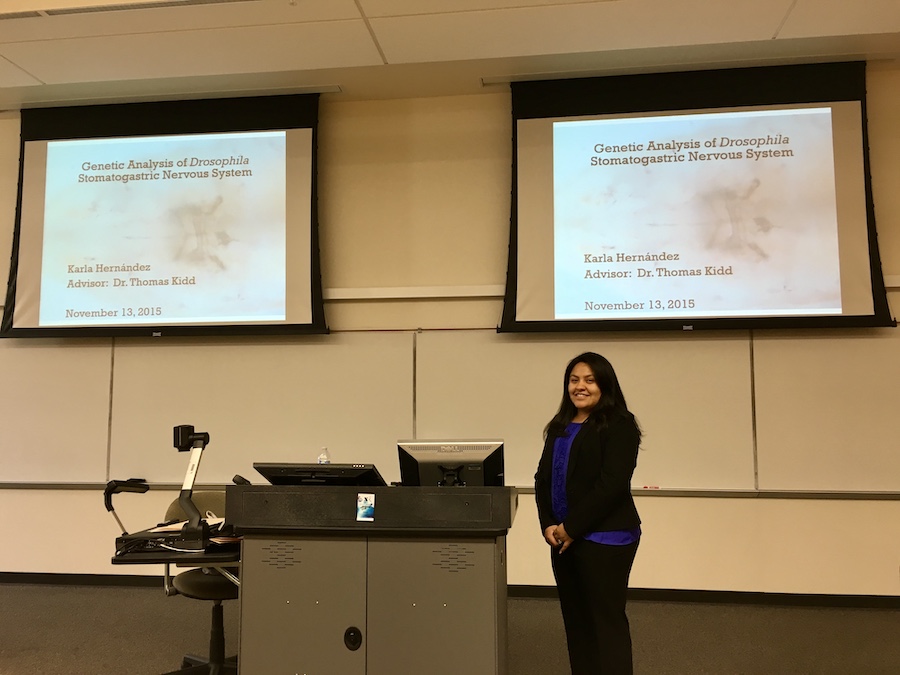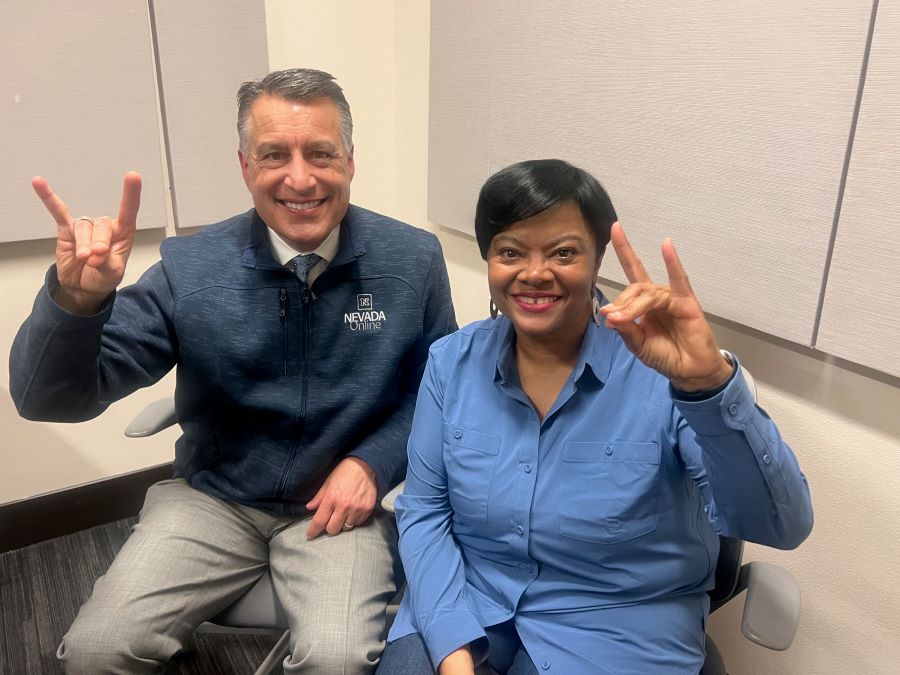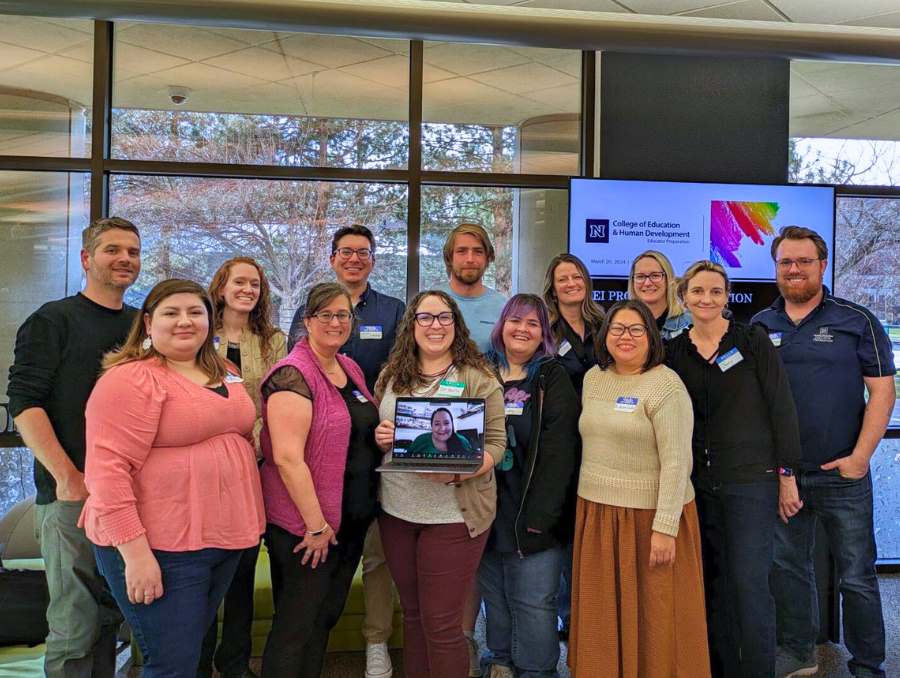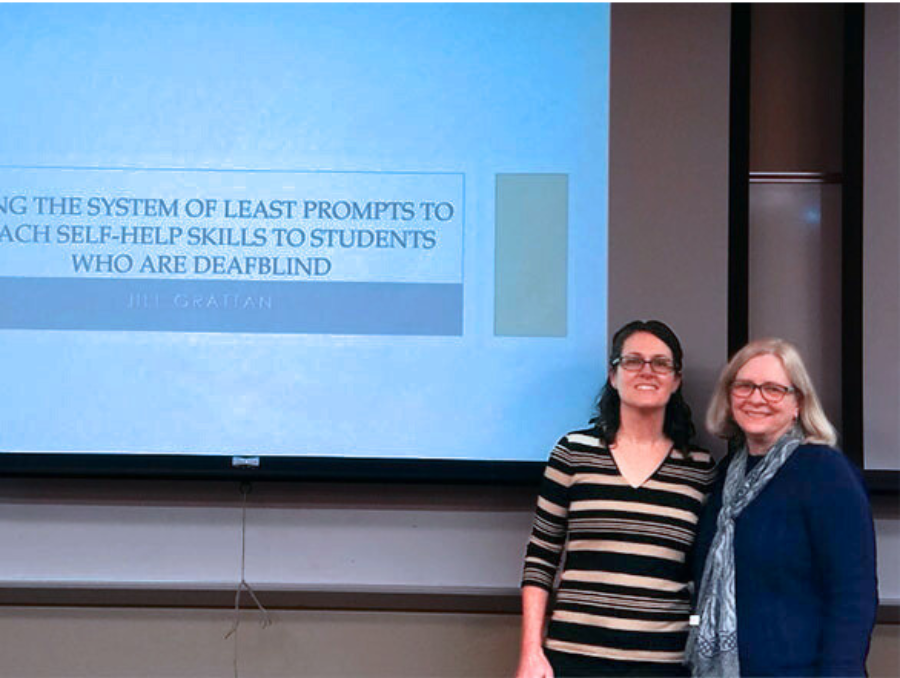Tom Whitaker still has an athlete’s presence to him. White-haired, with glasses, he is a sturdily built man who uses his large hands with great economy. Every once in a while he will wave, or make a fist, his hand cutting through the air sleekly, like a bird.
It’s not that difficult to see why he was a record-setting pass receiver for the University of Nevada Wolf Pack in the late 1950s.
Or, for that matter, to understand why since receiving a degree in electrical engineering from the University’s College of Engineering in 1960, he has spent the better part of five decades establishing himself and his company, Motion Analysis Corporation, as the world’s leading provider of video-based computer imaging motion capture equipment. This is high concept stuff, equipment used for animation and full feature movies, video games and broadcast. In 2005, Motion Analysis was awarded four technical achievement Oscars by the Academy of Motion Picture Arts and Sciences.
Whitaker, the College of Engineering’s top alumnus for 2010, visited his old campus on Friday, Oct. 8, and during an afternoon colloquium before a packed room in the Scrugham Engineering building, shared some of the secrets for his success.
Whitaker’s talk was part of a colloquium series organized by the Department of Computer Science and Engineering and supported by the Institute of Electrical and Electronics Engineers.
Proven performance, as well as understanding the winds of business and knowing when it’s best to change and when to stand pat, were among the key concepts he emphasized.
“You can develop any system pretty easy,” he said. “But when you’re dealing with (Academy Award-wining director) Jim Cameron who’s invested $400 million and the damn thing doesn’t work, then that’s when separation can happen. The system you’re building had better damn well work.”
Whitaker, who led all small school colleges and universities in receiving in 1957 with 40 receptions for 527 yards and four touchdowns and later tried out for the Dallas Cowboys, said he has seen a lot of change in his industry.
Change, in fact, is one of the few constants that any business can count on, he said.
“As the tools of software change, we have to change,” he said. “My theory is you have to keep ahead of the herd. How do you take this core technology, and how do you re-apply it to different markets? … As the hardware has changed, we re-invent ourselves on the new platforms. We’re always scrambling to keep our software current with the state of the art hardware. That is one of our biggest issues.”
As an example, he pointed to how the technology and systems development for Motion Analysis Corporation can run the gamut not only from motion pictures to athletics to creating motion markers for children with cerebral palsy, thereby improving human performance and medical treatment.
He said he sees his company as having two levels.
“There are the ‘thinkers,’ and then there are those that make it happen,” he said.
Whitaker noted that for any successful business, “cash is king.” Along with a strong initial cash infusion, he said a business must deliver on whatever it promises. His Santa Rosa, Calif.-based company has seen first-hand how competition can come and go. Flush with cash, new ventures often make huge splashes in the media. Yet, months or years later, these same businesses disappear.
“South of us, in Petaluma, there were 10 telecom companies,” he said. “They all started chasing us. They had articles in the newspaper written about them all the time. We’re never in the newspaper. And today? Nine of those businesses are gone.
“There’s a hard side to this business that a lot of people don’t realize. There are probably 500 companies out there that think they can go and get the parts at Radio Shack and do what we do. It’s not that simple.”
Throughout his life, Whitaker said his education (in addition to his degree from Nevada, he holds an MBA from the University of California, Berkeley), coupled with some good old-fashioned commonsense, have served him well.
For the students in the audience on Friday, he had a simple bit of advice, one that seems particularly relevant given the nation’s recent crippling credit-induced recession.
“I always practice cigar box accounting,” Whitaker said, using his hands yet again, carefully opening an imaginary box. “If you open the box and there’s no money, don’t spend the damn thing.”











